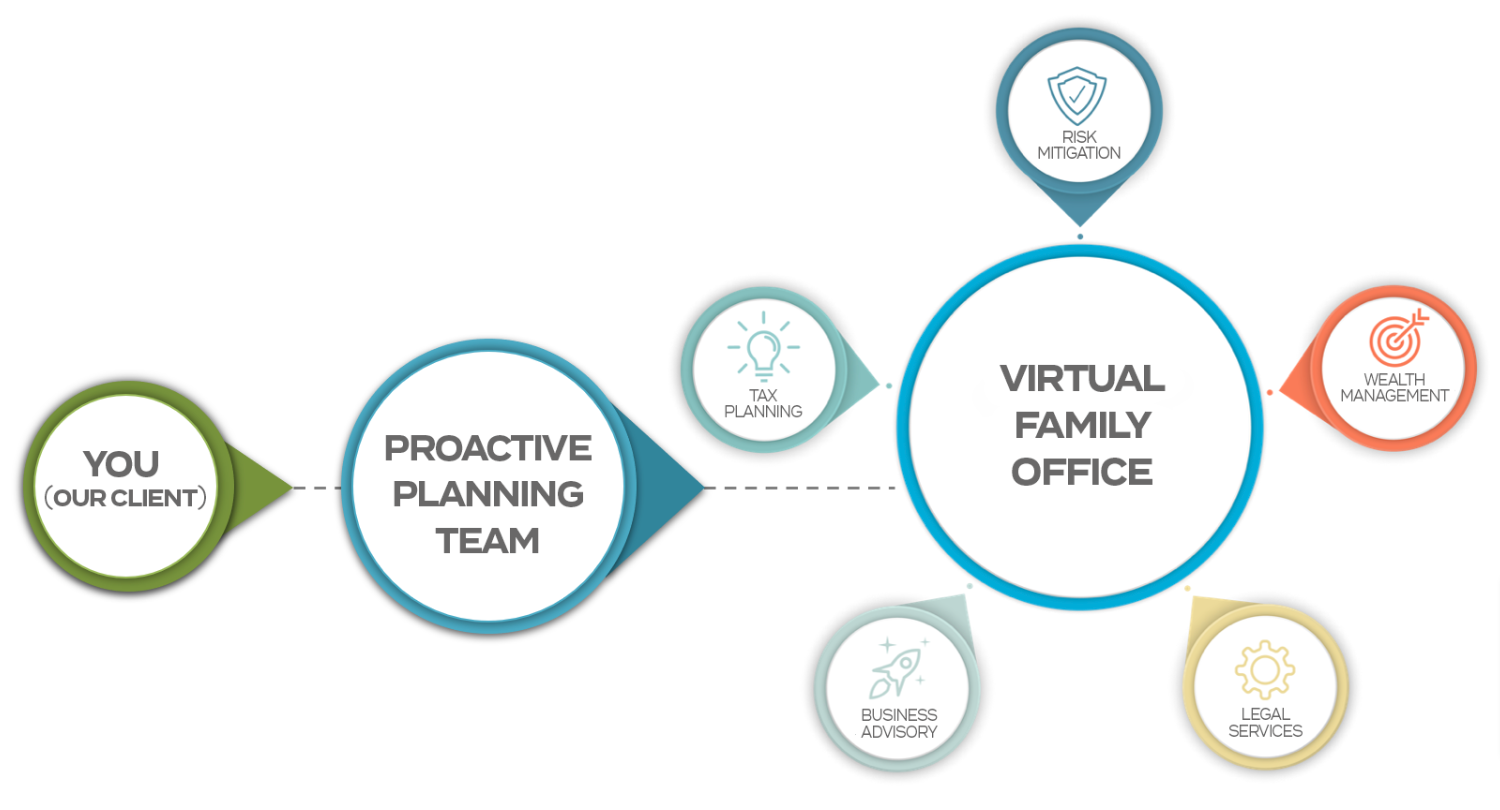8 Tips for Small Business Growth for Waukesha County Business Owners
It’s easy to make excuses when you run a business…
“The economy stinks.” (And yes, the Chinese markets have dived 9 percent, and the dollar is taking a tumble too. It does affect you … but wait for what I have to say.)
“Funding dried up.”
“The big chains are killing me.”
“My employees are messing up.”
Etc., etc., ad nauseum. Well, I don’t want to see you falling prey to shifting blame or responsibility in your business. After all, it really does stop with YOU, the business owner, to be the primary driver of revenue and growth which lasts.
You have to be the one to create the surges for your business. It’s tempting to think that sales growth will just … come … on the wings of a strong service or product and “getting your name out.” But that’s an elusive proposition.
We want to be more than just a number-cruncher for you. We want to help you think about ways that you can actually grow. Like these, perhaps…
8 Tips for Small Business Growth for Waukesha County Business Owners
“In actual life every great enterprise begins with and takes its first forward step in faith.” – Friedrich Schlegel
No matter what happens in your business, you can’t be reliant on the “business environment” to improve (indeed, some of my clients are seeing their businesses skyrocket during these “tough times”).
Sometimes you have to make it happen. So, based on what I’ve seen some of my smarter clients pull off, I’ve compiled some ideas for small business growth for the final quarter of 2015.
1. Cut the fat. Yes, now’s the time to review your company finances in a calm and collected manner. Be sure to look at what is being paid on time. Then look for waste and how you can save — there are certain to be a few places where this is possible. Eliminate expenses that aren’t essential to your core business. NOTE: resist the temptation to cut down your marketing!
*Let us know if we can help you analyze your books for cost-saving adjustments. (414) 545-1890 or send me an email by clicking the button at the top of this page .
2. Get to know your clients. Spend time with your customers and find out more about their needs so you can deliver what they want — when they want it. Also, consider sending out a customer satisfaction survey to gain additional insights. Continue offering great service and going above and beyond so that every customer feels as if they are getting the VIP treatment.
3. Stay ahead of the competition. Researching your competition is invaluable for making sure you’re competitive with their quality and service. Also remember that during harder times, some of the people who are laid off may start their own businesses. Monitor the market for newcomers, but remember that you have a head start.
4. Enhance your offers. Cutting prices is one way to make your product or service more attractive, but it’s NOT the only way — in fact, it can be a curse. You see, once you lower your prices, it can be hard to raise them again. So, think about adding other incentives like reduced delivery times or added bonuses instead.
5. Adapt to the market. If you notice that sales are declining in one sector, focus your efforts on areas that are seeing more sales. Don’t waste your time on sectors that are in freefall. If your business is focused on a single product, consider repackaging it, or a different positioning and be ready to cater to people’s changing needs.
6. Invest in yourself. Now is the perfect time to build on your knowledge, skills, and talents by attending conferences, taking a professional development course, or investing in a business coach. It will help position you as an expert in your field and give you a competitive edge. It can seem “expensive”, but often we need to get away from the day-to-day in order to think more clearly.
7. Make more noise. Continue advertising if you can afford it, but look for other inexpensive ways to get the word out. Perhaps start a blog, join social media groups in your field (especially on Facebook), or write a column for a trade publication or local newspaper.
Lastly…
8. Prepare for the good times! Remember that hard times are periodic, and they don’t last forever (especially if you are getting active, like I’m suggesting). Resist the urge to run for cover. Instead, keep doing business … and don’t get caught by shoddy operations or preparations when the surge comes.
Remember … the good times will come again — this is your chance to make sure you’re a part of them.
Feel very free to share this article with a Waukesha County business associate or client you know who could benefit from our assistance — or simply send them our way? While these particular articles usually relate to business strategy, as you know, we specialize in tax preparation and planning for Waukesha County families and business owners. And we always make room for referrals from trusted sources like you.
Warmly (and until next week),
Dale Hammernik
(414) 545-1890
Hammernik & Associates
The post 8 Tips for Small Business Growth for Waukesha County Business Owners appeared first on Talking Tax to Milwaukee.
See More Blog Posts







